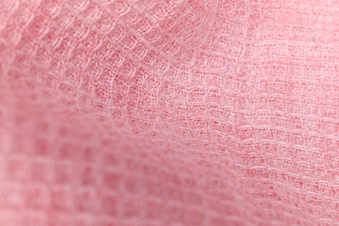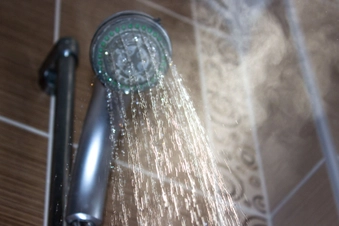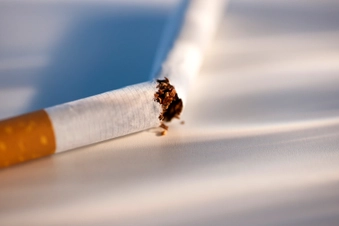Atopic Dermatitis Dos and Don’ts

Take Care of Your Skin Every Day
Atopic dermatitis is known as eczema. It’s actually a type of eczema that causes inflammation, irritation, and itching of the skin. It’s a chronic condition, which means symptoms can come and go in the long term. You can control symptoms with medicine. It’s also possible to control flare-ups with daily skin care.

DO Use Soft, Breathable Fabrics
Wear cotton undergarments, because they don’t trap heat and are great at absorbing sweat. Wear loose garments made with natural fibers, such as linen or cotton, which are soft and breathable. Remove labels from clothing. By having direct contact with the skin, labels can cause irritation and itching.

DON’T Wear Scratchy, Tight Clothing
Rough fabrics, such as wool, and clothing made of synthetic materials, such as Lycra, nylon, or polyester, can irritate the skin and cause flares. Tight clothing can rub against your skin, trap heat, and make you sweat, which can also irritate the skin and cause flares. If you like to wear tight clothing, make sure it’s made of cotton or a cotton blend.

DO Use Warm Water in the Shower
It’s better to bathe or shower with warm water for 10 to 15 minutes once a day. Pat your skin dry with a soft towel. Don’t rub your skin. Make sure your skin is still damp before putting on moisturizer made for sensitive skin. It’s important to keep your skin well-hydrated.

DON’T Take Hot Showers
Hot water can ease intense itching right away. But remember that hot water dries out the skin and can worsen atopic dermatitis symptoms.

DO Use the Right Skin Care Products
Use unscented cleansers and gels made for sensitive skin. If you prefer to use bar soap, choose mild soaps with no alcohol, fragrances, dyes, or other chemicals that can irritate the skin and cause a flare-up. Use unscented liquid detergent instead of powders to wash clothes. Put your laundry through the rinse cycle twice so the detergent disappears completely.

DON’T Overheat or Get Too Cold
Both heat and sweating and cold, dry air can cause flare-ups. Don’t overheat. In the winter, wear several layers of clothing. This way, you can remove layers if you feel hot. At bedtime, don’t use a heavy quilt. Use a light blanket or a pair of sheets instead. Remember that cold, dry air also dries the skin, so a humidifier might come in handy.

DO Keep Your Home Dust-Free
Dust and dust mites can irritate the skin and cause flare-ups. Clean your home regularly, including furniture, curtains, floors, and carpets. It’s also a good idea to wash bedding with hot water once a week.

DON’T Smoke
Tobacco smoke is bad for your health. It can also worsen symptoms of atopic dermatitis. Don’t smoke, and avoid places where there are smokers.

DO Reduce Daily Stress Levels
Stress can cause flare-ups and make it harder to control symptoms like redness and itching. Try to relax. You could practice tai chi or go for a walk alone on the beach. Sleeping for at least 7 to 8 hours daily can also reduce stress.

DON’T Scratch
The more you scratch, the worse you itch! Keep your nails short so you don’t hurt yourself as much. If you have atopic dermatitis, you risk getting an infection every time you scratch. If you think you have an infection, talk to your doctor so you can get topical or oral antibiotics.
Show Sources
IMAGES PROVIDED BY:
1) E+/Getty Images
2) Image Source/Getty Images
3) Moment/Getty Images
4) The Image Bank/Getty Images
5) iStock/Getty Images
6) E+/Getty Images
7) iStock/Getty Images
8) E+/Getty Images
9) Tetra Images/Getty Images
10) iStock/Getty Images
11) Science Photo Library/Getty Images
SOURCES:
Clínica Universidad de Navarra: “5 claves para prevenir la dermatitis atópica [5 Key Ways of Preventing Atopic Dermatitis].”
Department of Health, State Government of Victoria, Australia. Better Health Channel: “Eczema (atopic dermatitis).”
National Institute of Arthritis and Musculoskeletal and Skin Diseases: “Atopic dermatitis.”
Mayo Clinic: “Atopic dermatitis (eczema).”
MedlinePlus: “Atopic dermatitis.”
National Eczema Association: “Eczema and Bathing.”
NIH MedlinePlus Magazine: “Eczema and the cold: How to avoid flare-ups this winter.”
Pierre Fabre Eczema Foundation: “Atopic eczema: tips for clothing and detergent.”